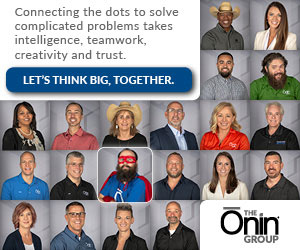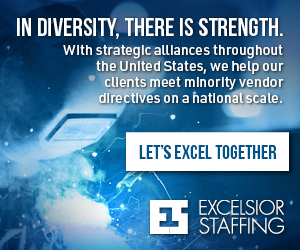As the baton is passed from retiring baby boomers to the eager hands of Millennials and Gen Z, businesses all over the world are grappling with a dual challenge – easing the transition for outgoing talent and simultaneously integrating and fostering the growth of incoming young talent. Overcoming these challenges isn’t just about manpower – it’s about paving the way for fresh perspectives, needs and opportunities.
Building a Culture of Growth and Learning
Young talent often has a thirst to learn and grow. Their attitude is less about ‘knowing’ and more about ‘growing.’ Encouraged by this trait, businesses can construct a culture of continuous learning. Comprehensive training programs, career development plans, and easily accessible educational resources play a significant role here.
Promoting Flexibility and Encouraging Work-Life Balance
Unlike older generations who were primarily driven by job security, young talent values work-life balance and flexibility. Designing workplace policies that provide such flexibility can be a major factor in integrating these younger employees into your workforce. This doesn’t really mean compromising organizational goals but rather finding a middle ground where employees can balance their work and life effectively.
Mentorship – The Bridge Between Generations
One of the most effective ways to integrate young talent into a workforce is through mentorship. A good mentor provides guidance and support, offering a glimpse into their own journey and serving as a model for professional development. The mentee, on the other hand, brings fresh ideas and unique perspectives, creating an environment for mutual growth and learning.
Embracing Differences
Today’s workforce is a tapestry of various backgrounds, and this includes a wide range of ages. To ensure every team member thrives, it’s crucial to equip supervisors, managers, and leaders with the tools to lead using a supportive coaching style. Team leaders play a pivotal role in integrating new workers into an environment where they feel valued and supported, fostering a sense of camaraderie within the team. This not only boosts retention rates but also has the potential to attract top young talent. When workers experience this positive environment, they may even extend invitations to individuals within their network to join your organization.






